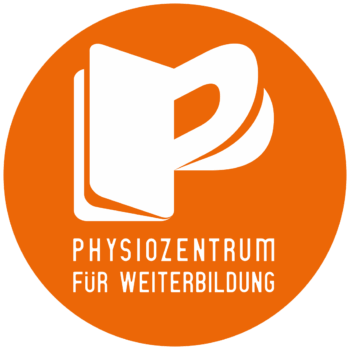
Dieser Kurs ist ein „We-recording“ – Die Aufnahme eines Webinars.
This course will be separated into two lectures. The first lecture will focus on the role of pain science education for people in pain. It will explore the complexity of pain and how a better understanding of this complexity and the processes that underlie the pain experience can be a critical aspect of pain management. I will discuss modern pain biology – challenging the idea that pain is just a read-out of tissue injury and instead introducing the idea that pain is a protective response that occurs when the available information supports the presence of real or of perceived danger. Critically, such a definition highlights that there are many available inputs – beyond nociceptive input from an injury – that can influence and even initiate pain. I will also explore the concept of bioplasticity (changeability), and how pain science education can be used to provide a challenge – a stimulus for change – to promote bioplasticity in people with pain.
The second lecture will explore the power that our words hold, in particular, how they frame what our patients think may be wrong with their bodies, what they think they need to do, what they believe they are capable of, and even how much pain they feel. I will explore how our experiences of the world are created, and how many things contribute to our experiences without us being aware. I will discuss how the words we hear can profoundly shape our conscious experiences, our sensations, our performance, and our treatment expectations and why this is even possible. I will provide specific examples of words that can be unhelpful, what impact this can have on patients, and how we can better discuss health related findings, such as from x-ray or MRI scans, in an evidence-informed manner.


